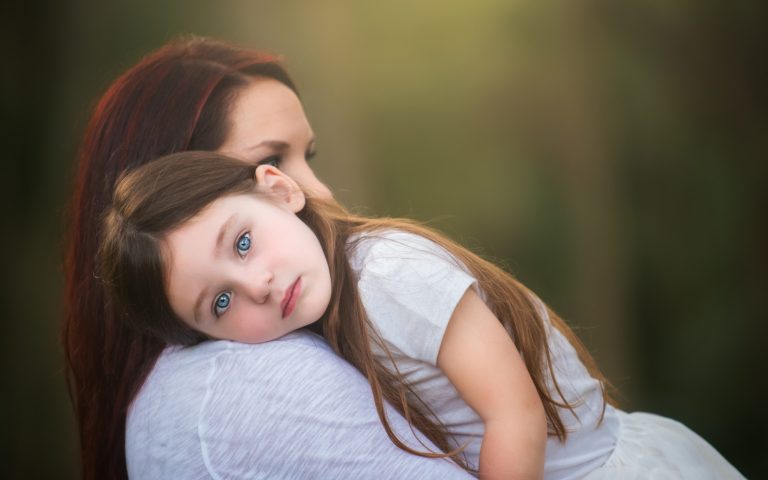As one parent later described it to me, the children in grades 4 through 6 were upset, but handled the news relatively well. In the lower grades, however, children began crying, and several became inconsolable.
As emotion communicated through the lower classrooms, teachers began calling parents, many of whom were already on their way.
Needless to say, quite a few parents were more than a tad upset that the principal had not only appropriated their responsibility, but also had done so in a manner that was not well thought through, to say the least.
Another illustrative story: As a woman watched the morning’s horrors unfold on television, she began sobbing. Her 4-year-old daughter was sitting next to her, also watching. She tried to explain to her daughter what was happening.
That evening, the child complained of a stomachache and threw up. The next morning, when told she was going to preschool, she again became physically ill.
Since then, according to her mother’s report, she’s been unusually clingy and fearful, doesn’t want to sleep alone or go outside to play unless her mother is with her. She wakes up repeatedly through the night, and is still complaining of recurrent stomachaches.
Question: As regards horrific catastrophes of the recent sort, how much and what should children be told?
Answer: Children should be informed of such things with great respect for what they do NOT need to know and what they are NOT able to understand. One does not, for example, give the same information to a 5-year-old and a 12-year-old.
An older child is able to understand, for example, that the event in question occurred at some distance. In the mind of a young child, everything that happens, happens right around the corner.
As television has desensitized nearly everyone to explicitness of all sorts, general appreciation of the need to protect the innocence of children has eroded.
Today’s adults tend to tell children too much, too soon about all manner of things, not realizing that, as regards children’s anxieties, too much information often exacerbates rather than allays.
If, knowing that something is toxic, you allow your child to consume it and he/she becomes sick, the fault lies not with the toxic substance (litigious attorneys would perhaps disagree), but with you. Television is potentially toxic to children because it is, by it’s nature, graphic. It is an adult version of show-and-tell.
One can hardly protect a child from television’s unpredictable toxicity if one’s TV is a) turned on while the child is awake and b) located in a place where he cannot help but see it.
The world is not an uglier, meaner place than it once was. The world has always been ugly and mean. The only difference is that the ugliness and meanness is now beamed into one’s living room for all the family to see. Once upon a time, children did not begin to learn about the ugliness and meanness until adults lifted the curtain, which they did slowly, with proper respect.
How does one lift the curtain slowly in this day and time? For one thing, don’t have a television, or use your television strictly as a movie screen. If you are convinced you can’t live a meaningful life without being connected to the networks, put your television in an adults-only area of the house and lock the door behind you when you leave.
I am acquainted with a number of children who have rarely – only when it could not be prevented – seen a television program. They are, without exception, charmingly childlike.
The childlike child: What a concept!
Copyright 2001, John K. Rosemond: johnrosemond.com, parentguru.com





 An illustrative story: On the morning of Tuesday, Sept. 11, shortly after the attacks on the World Trade Center and the Pentagon, a well-intentioned elementary principal used the school intercom to inform teachers and students, in some detail, of transpiring events.
An illustrative story: On the morning of Tuesday, Sept. 11, shortly after the attacks on the World Trade Center and the Pentagon, a well-intentioned elementary principal used the school intercom to inform teachers and students, in some detail, of transpiring events.